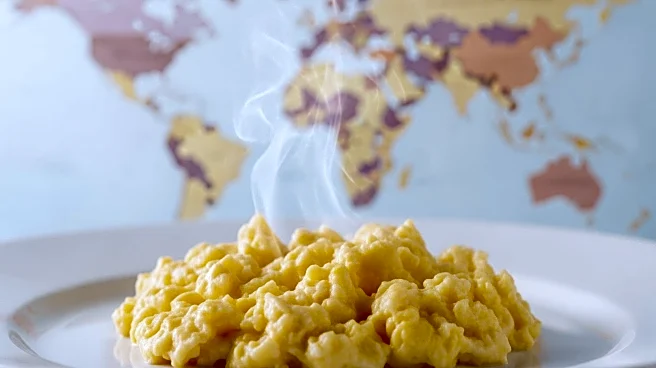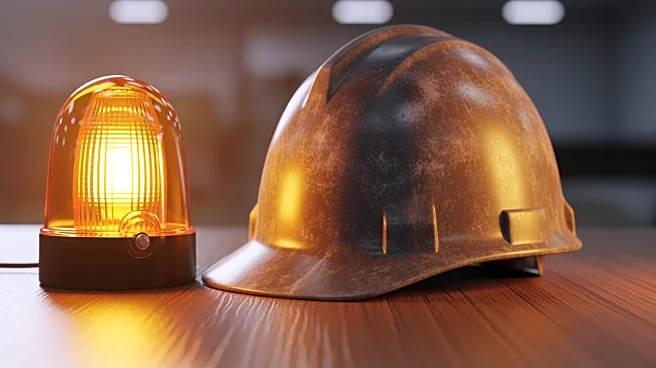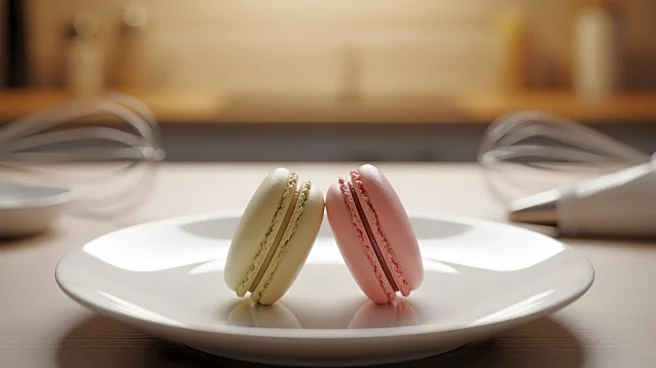Rapid Read • 6 min read
YouTube has been using traditional machine learning techniques to upscale and enhance video quality in Shorts without notifying or obtaining consent from creators. This experiment involves denoising and unblurring videos, which has led to complaints from creators who feel their content is being altered without their permission. The changes have been likened to beauty filters or deepfake effects, causing dissatisfaction among users who prefer the original video quality. YouTube confirmed the experiment after a video by TechLinked highlighted the issue, stating the goal is to improve video clarity.
AD
The unilateral decision by YouTube to alter video content raises concerns about creator autonomy and the platform's transparency. Creators who rely on specific video aesthetics for their brand may find these changes detrimental to their content's authenticity. This move could impact YouTube's relationship with its creators, potentially leading to a demand for more control over video processing options. Additionally, it highlights the ongoing debate about the use of AI and machine learning in media, particularly regarding consent and ethical considerations.
Creators and users may push for YouTube to provide options to disable the upscaling feature, advocating for more control over their content. YouTube might need to address these concerns to maintain its creator base and avoid potential backlash. The platform's response to feedback will be crucial in shaping its future policies on AI-driven content modifications.
AD
More Stories You Might Enjoy










